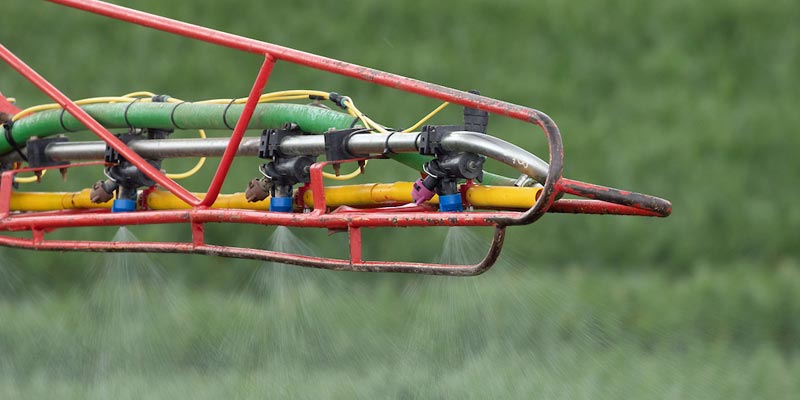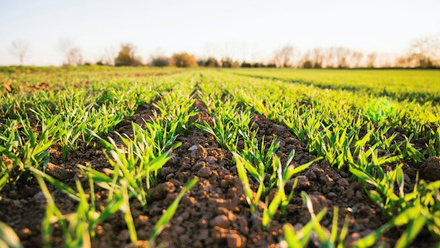Chlorothalonil withdrawal: AIC to collate Member comments for Defra research

A project researching chlorothalonil's withdrawal in 2019 is underway to better understand how farmers and agronomists managed the transition to alternative tools and practices.
The Department for Environment, Food, and Rural Affairs (Defra) has appointed a placement student to review the fungicide's withdrawal.
They plan to engage with farmers and agronomists with experience of working in the areas most affected, in particular with either wheat and brassicas.
The aim of the project is to analyse the impact of chlorothalonil's withdrawal to provide insight into how future withdrawals of active substances could influence crop health, agronomist practices, the usage of other pesticides, as well as how it affects different stakeholders and the environment.
By analysing information from farmers, agronomists, and other sources, they aim to understand the extent of the withdrawal's impact, as well as the strategies and methods used to mitigate it.
Member feedback need
The questions being asked by Defra's research are:
- Which alternatives did you suggest farmers used instead of chlorothalonil for wheat and/or brassicas, resulting from its withdrawal in 2019?
- What was the overall cost of implementing the alternative solutions?
- Were there any cases where you suggested farmers should switch to growing different crops/different varieties of crops?
- Was there a general decline in crop health/yield as a result of the withdrawal? If so, did this create an indirect effect on neighbouring crops as well?
The Crop Protection and Agronomy Chief Executive agreed that the best approach was for AIC to submit a collective response on behalf of all Members, rather than individual agronomists being contacted or volunteering.
AIC Members are asked to send their comments or answers to the above questions to AIC's Head of Crop Protection and Agronomy, Hazel Doonan, by emailing [email protected] by 1 February.




